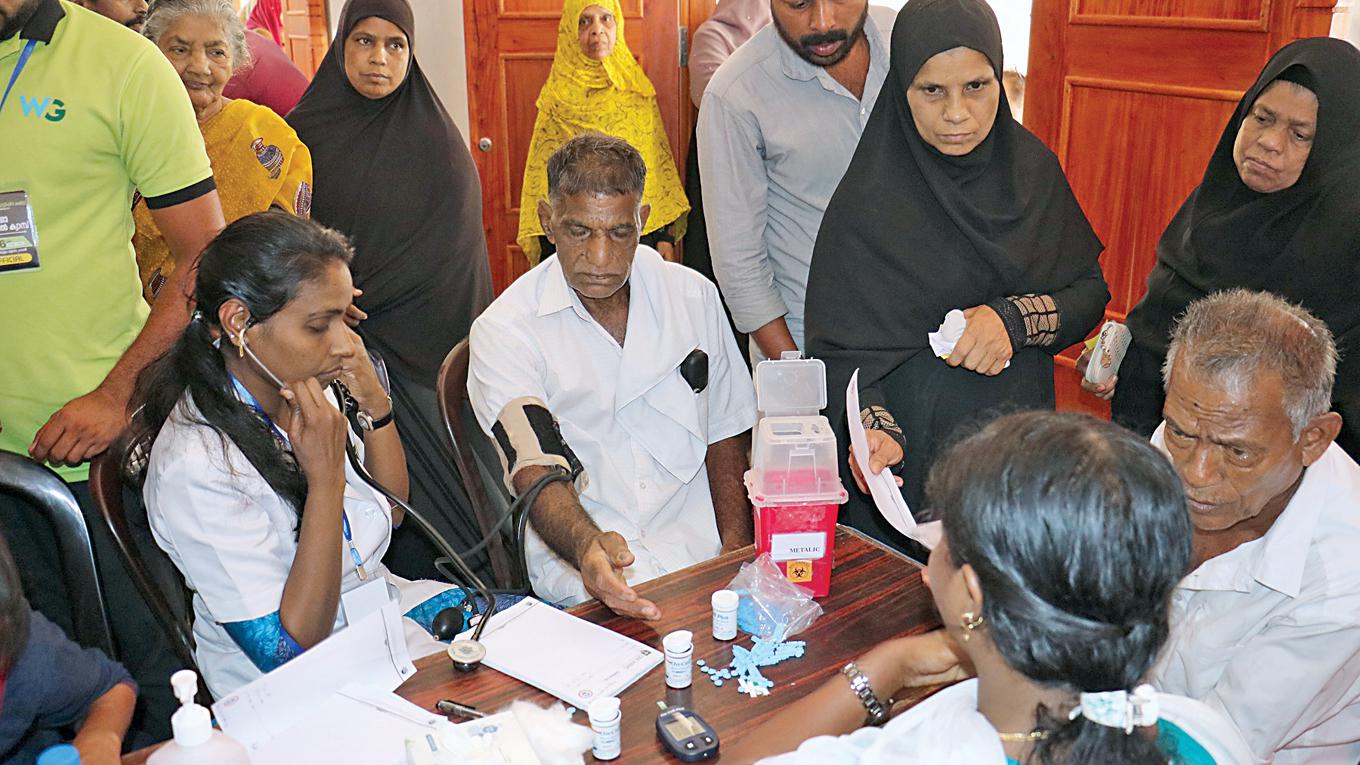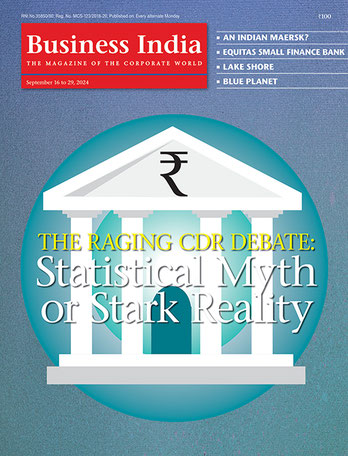-

Part of the hospital community network
Nestled in the northeastern corner of Kerala against the Western Ghats, Wayanad is listed among the 115 backward districts in India. Only 3.79 per cent of the district is urbanised, 18 per cent tribal-dominated, and 65 per cent of its population remains below the poverty line. People had to travel nearly 100 km to avail even basic healthcare treatment. In comes Dr. Moopen’s Wayanad Institute of Medical Sciences (DM-WIMS), with a campus including an 800-bed teaching hospital, medical college, college for pharmacy and college for nursing. This initiative is part of Aster DM Healthcare – a healthcare major conglomerate with its presence in nine countries including India, founded by Dr Azad Moopen, to reduce diseases and to educate people in tribal areas. The institute created a community network under a Kudumbashree Arogya Pariraksha Saktheekarana Scheme, that aimed to empower nearly 1,00,000 women that work in Wayanad’s rural pockets. (Kudumbashree was conceived as a community network based out of Kerala aimed at primarily empowering women across rural pockets in the state.) The scheme involved checking their health profile and issuing privilege health cards to these women and their families for further check-ups and treatments. While working on this programme, the medical team faced a challenge in reaching out to these women. Hence, the network had to be spread across various parts of Wayanad to conduct health camps and assemble them in one place for health awareness. A Community Connect team was created to work with the women at not just district- and panchayat-level but right down to the wards. Partnerships with local panchayats helped the programme in improving its reach and impact. The long-term benefit intended through this scheme is to provide an overall improvement in health standards and reduction of workdays and livelihood for 1 lakh working women. This is the first-of-its-kind healthcare scheme in Kerala for Kudumbashree workers. Tertiary treatment is provided at a concessional rate or free of cost by the Institute – for which Rs23 lakh has already been spent on treatment and follow-ups. Launched in June 2017, and followed up by extensive fieldwork, the number of outpatients has increased from 2,194 to 17,817 in March 2018. The indoor tertiary treatment count has touched 250. More than 65,000 cards have been distributed for the benefit of the women network and their families. The next step is to scale up the initiative by leveraging technology for the existing scheme by using visual media for education. Telemedicine is also being used for better impact, thus reducing the physical, geographical gap between the doctor and patients.
-
Tertiary treatment is provided at a concessional rate or free of cost by the Institute – for which Rs23 lakh has already been spent on treatment and follow-ups
Going a step further, the institute has adopted a village – Moopainad, with a population of 5,000 families, of which 20 per cent were tribal and almost all of them below the poverty line. A survey was conducted to understand the basic health profile of the villagers and the main issues identified were malnutrition, drug abuse, alcoholism, tobacco usage and skin diseases. The teams then worked on improving healthcare standards through awareness, education and medical treatment. Medical camps are conducted in the village for a detailed investigation of patients.
Mobile clinics with real-time streaming facilities have been deployed that offer better interaction and improving the awareness level in the village. About Rs6.5 lakh has been allotted for medical camps and treatment. As part of the sustainability, DM-WIMS now aims to increase the fund allocation and is seeking help from local groups which will also generate local employment.
The institute’s third programme focusses on preventive healthcare. It has witnessed 112 camps in different parts of the district, especially border areas where healthcare facilities are at a bare minimum. On average, 150-200 people in every camp have been covered for the awareness and prevention drive. The health awareness drive has impacted 23,000 patients through medical camps and provided training to people. The medical team has also identified pregnant tribal women to provide antenatal care and avoid delivery-related complications.
The institute’s implementation model included collaborating with local NGOs, which identified local venues for conducting the camp and creating publicity, while the medical team of DM-WIMS would be present to hold check-ups and awareness sessions. A total Rs3.5 crore has been spent under this scheme for free surgeries, free treatments, critical care like angioplasty and also follow-up treatments. To further augment the outcome of the project, introduction of mobile clinics with advanced facilities like a real-time connection with DM-WIMS hospital for medical advice to the patients in need at the camp and faster data transfer are being contemplated in tandem.
Biogas
BioEnergy will showcase its innovative biogas technology in India
Mobility
Ather aims to produce 20,000 units every month, soon
Green Hydrogen
German Development Agency, GIZ is working on a roadmap for a green hydrogen cluster in Kochi
Renewable Energy
AGEL set to play a big role in India’s carbon neutrality target



















